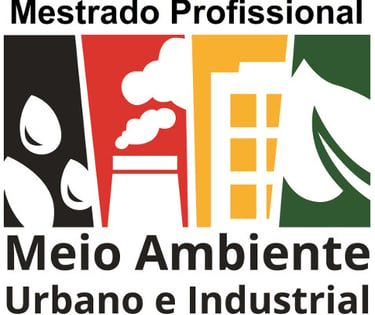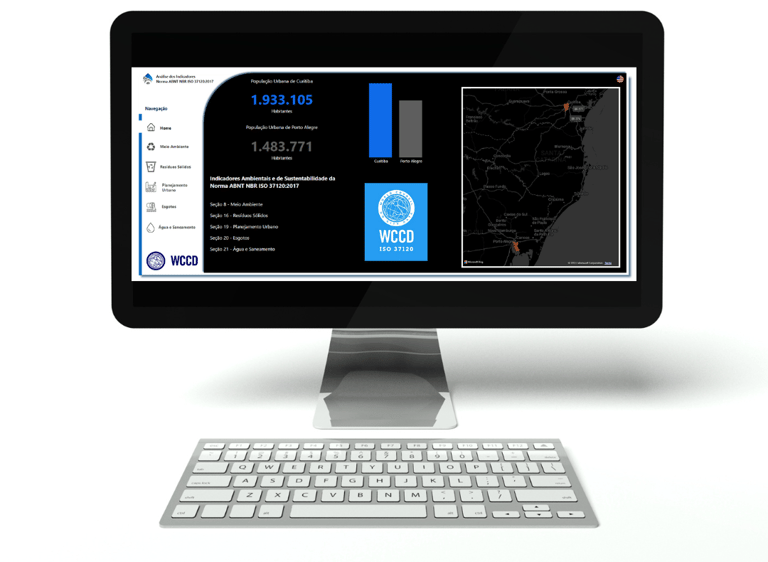Challenges and Opportunities: Application of NBR ISO 37120 Standard in Brazilian Cities
"Challenges and achievements in the application of NBR ISO 37120 standard reveal the path to more sustainable cities in Curitiba and Porto Alegre
SUSTENTABILIDADE
Bruno Camargo
2/20/20243 min read
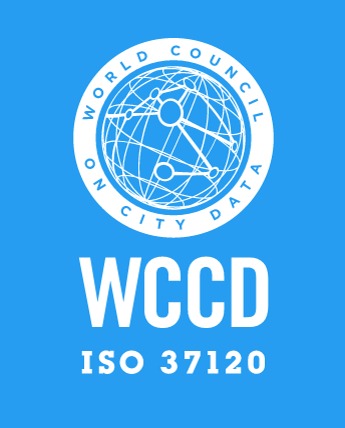

The NBR ISO 37120 standard from 2017, related to Sustainable Development of Communities, plays a crucial role in assessing the performance of municipal services and the quality of life in urban areas. In the Brazilian context, its adoption is on the rise, providing a comprehensive view of sustainability in cities.
Recently, a study conducted by me for the Master's Dissertation of the Postgraduate Program in Urban and Industrial Environment at the Federal University of Paraná focused on the applicability of this standard in two cities in Southern Brazil: Curitiba and Porto Alegre. The results reveal challenges faced, but also highlight significant achievements on the path towards more sustainable cities.
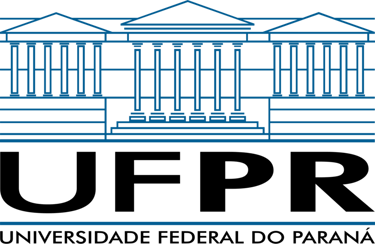

The study in question delved into the nuances of urban environmental planning in Curitiba and Porto Alegre, using the indicators of the ABNT NBR ISO 37120:2017 standard. These indicators, crucial for municipal managers, are tools aimed at promoting the orderly development of cities. However, the study pointed out notable challenges, such as a lack of standardization and difficulties in data acquisition.
The comparative analysis between the two cities revealed positive results in various areas, highlighting compliance with environmental, social, and economic principles. However, areas for improvement emerged, especially in the training of municipal managers. The study also emphasized the need for improvements in data collection and continuous updating, given the shortage of qualified personnel in the Brazilian public administration.
In the specific analysis of indicators, issues related to solid waste, urban planning, sewage, water, and sanitation were meticulously evaluated. Both cities demonstrated notable progress in areas such as waste collection and the supply of drinking water. However, persistent challenges were identified, such as the need for improvements in sewage treatment and the regularity of water supply.
The conclusions highlight the importance of exchanging experiences between cities, with Curitiba and Porto Alegre having the opportunity to learn from each other to improve in specific areas. Additionally, the need for standardization of indicators, with public sector initiative, was emphasized as crucial for the effective implementation of the standard.
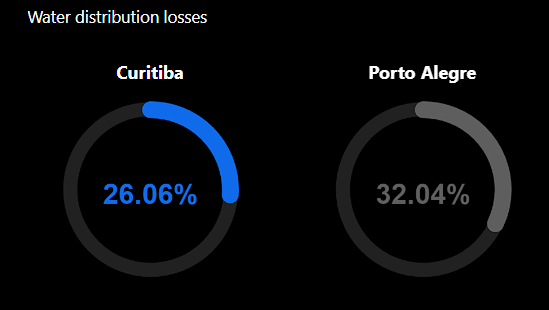

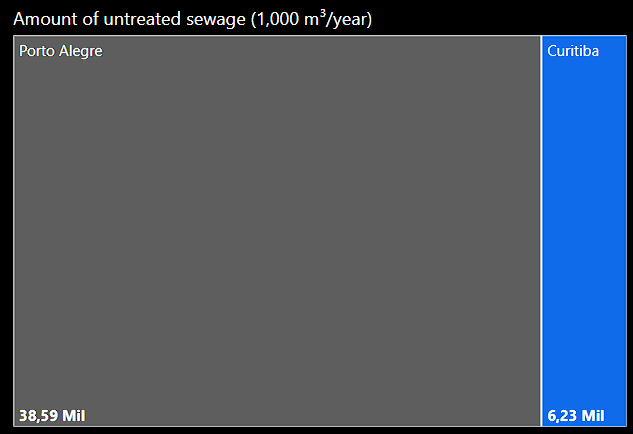

Although the path to full adoption of the standard poses challenges, the satisfactory results so far indicate that this effort towards urban sustainability is a crucial step for the balanced and orderly development of Brazilian cities. This study not only provides valuable insights for Curitiba and Porto Alegre but also serves as a guide for future studies and a reference for other Brazilian cities considering the adoption of the standard.
On the dashboard, you can view the indicators used in the study and compare between Curitiba and Porto Alegre.
To access the complete work, click on the button below.

